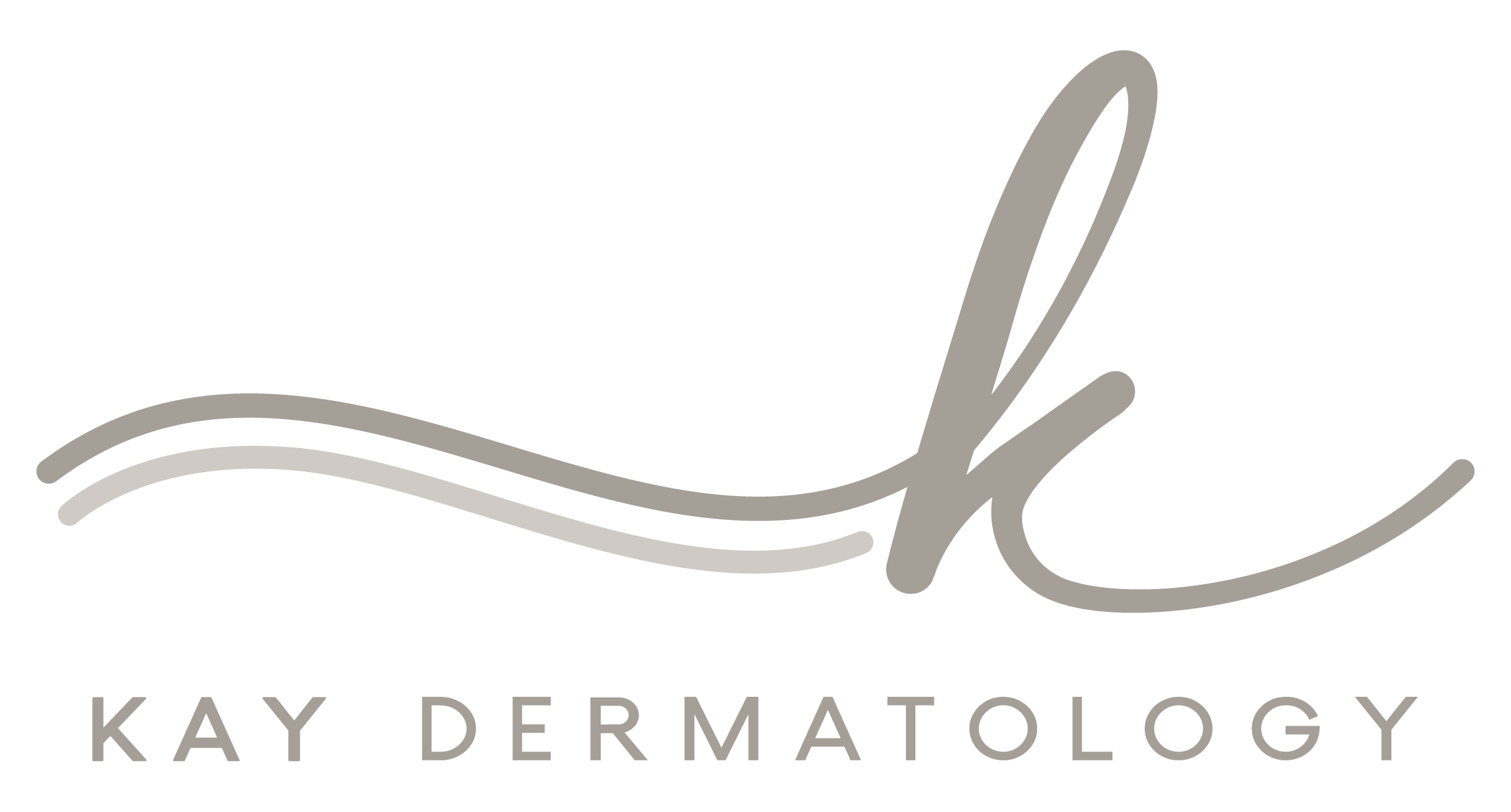Eczema IN Burbank, CA
Eczema includes many conditions making your skin inflamed or irritated. The most common type of eczema is atopic dermatitis. Atopic eczema can start at birth and continue throughout a person’s life. Most atopic dermatitis patients experience intense itching.
Other forms of eczema can come from exposure to harsh chemicals or the weather. We have treatments today that make eczema almost disappear in many patients. These treatments include topical creams, pills, and injections.

FAQ'S
What are the Symptoms of Eczema?
Everyone gets eczema in a different form, and flareups aren’t always in the same area. Eczema, however, is always itchy no matter where it starts. Itching sometimes starts before the rash and your skin may be red and dry, cracked, or leathery feeling.
You may have eczema on your face, the backs of your knees, hands, wrists, or feet. Your skin will be very dry, scaly, and thick. In those with fair skin, these rashes start out reddish and turn brown. If you have darker skin, eczema can affect skin pigments and eczema causes affected areas to be darker or lighter.
What are the types of eczema?
Types of eczema include atopic dermatitis. It is the most common form and affects about 7% of adults. It is linked to allergic disorders like asthma and hay fever. Contact dermatitis happens when your skin comes into contact with something giving you a rash. The trigger causes irritation or allergic reactions. Triggers are unique to everyone and vary by irritant dermatitis or allergic dermatitis.
Other types of eczema include a less common form call dyshidrotic eczema. This form of irritation causes tiny blisters on the palms of your hands, soles of the feet, and sides of the fingers. Usually, dyshidrotic eczema is triggered by metals or sweating.
Neurodermatitis is eczema that causes one or two intensely itchy patches on the nape of the neck, arm, or leg. You can get neurodermatitis if you have dry skin. It is also linked to anxiety disorders and OCD.
Nummular eczema is coin shaped and happens after a skin injury like a burn or insect bite. You can get nummular eczema if you have atopic dermatitis, allergies, or asthma.
Seborrheic dermatitis happens in areas that have lots of oil glands. On your scalp, it’s called dandruff and results from a severe reaction to Malassezia yeast, an organism on your skin. It is also linked to psoriasis, acne, and rosacea.
Stasis dermatitis occurs in those who have poor blood flow. It usually happens to the lower legs. This is eczema may be caused by lifestyle habits, being overweight and not being active.
What are treatments for eczema?
See your doctor if you see signs of infections, fever, redness warmth, pus, or blisters. Make sure you get help if your eczema changes or gets worse or treatments are not working.
Treatment for eczema can include using moisturizers. If your skin is dry and itchy, lotions and creams are recommended to keep your skin moist. Creams and ointments ease inflammation and hydrate your skin. Petroleum jellies and mineral oil work well, too.
Hydrocortisone creams and antihistamines work well. Hydrocortisone is a steroid that keeps redness, itching, and swelling at bay. If over the-counter creams don’t work, your doctor can prescribe something stronger.

